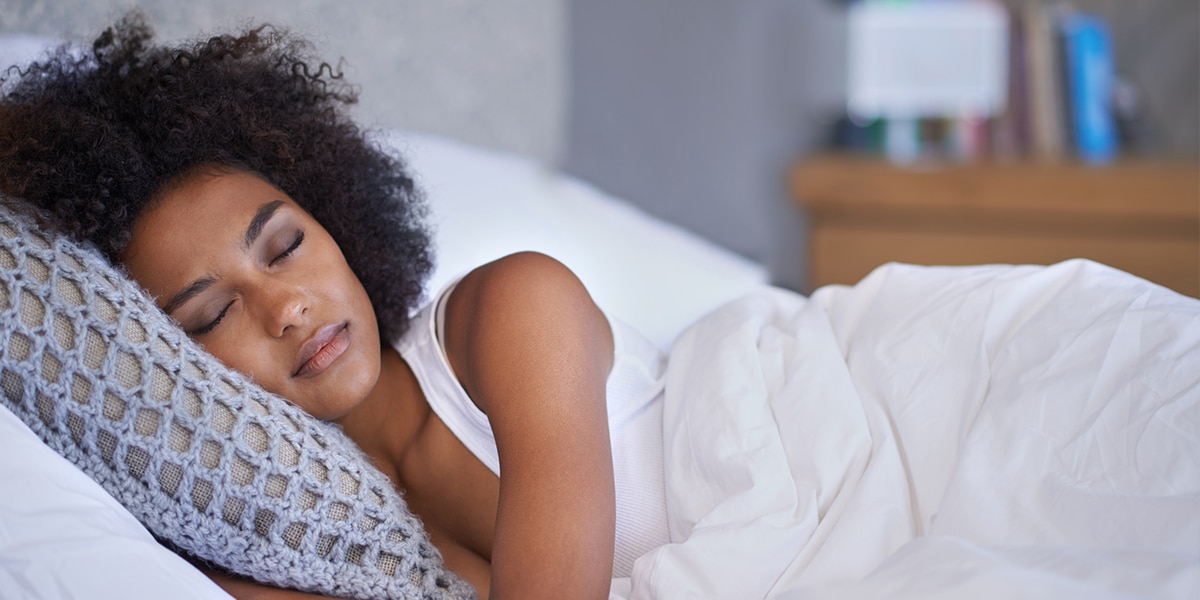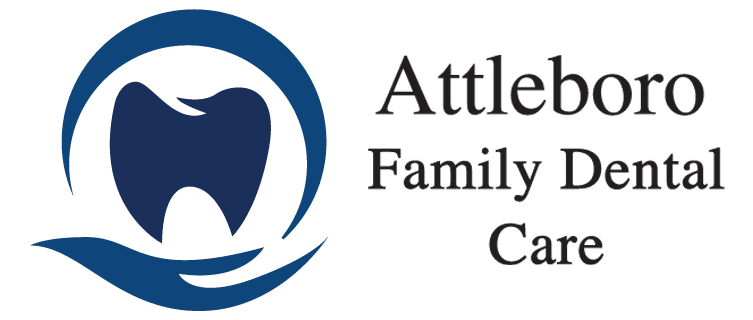Sleep Apnea Treatment in Attleboro, MA

Attleboro Family Dental Care provides sleep apnea treatment in Attleboro, MA. Call 508-222-2510 to learn more and schedule your appointment.
Sleep apnea is difficult to diagnose because patients rarely realize that they have it. Your family may joke about your loud snoring or you may wonder why you never wake up feeling refreshed, not realizing that it’s because you stop breathing dozens or even hundreds of times each night.
The chronic exhaustion caused by sleep apnea can have a significant impact on your quality of life, making it difficult to focus on work or school and keeping you from being as active as you’d like to be. Sleep apnea has also been linked to serious health conditions like high blood pressure and stroke. It’s important to seek treatment so you can start getting the restful sleep we all need for optimal health.
Our dentists can:
- Evaluate you to determine whether you have sleep apnea and refer you to a sleep center if a sleep study is needed
- Help determine which treatment will work best for you, including a noninvasive oral appliance
- Make it possible for you to sleep soundly throughout the night
- Improve your focus and make you more alert during the day
- Lessen your risk of conditions related to apnea, like stroke
What Dentists Can Do for Sleep Apnea
It may not occur to you to see a dentist for sleep apnea, but our training in the anatomy of the jaw and mouth gives us the ability to diagnose and treat patients with obstructive sleep apnea. Although a sleep study may be needed, we can often perform a visual inspection of your airway to determine whether there is soft tissue that is causing obstruction when you sleep.
Rather than using a CPAP machine as a first line of treatment, we can make a custom sleep appliance to help alleviate your sleep apnea. This solution is more comfortable, easier to use, and less cumbersome to travel with. Oral appliance therapy works by repositioning your lower jaw to keep your airway open while you sleep. This stops you from snoring and prevents the pauses in breathing that keep you from getting the deep sleep you need to feel refreshed.
Oral Appliance Therapy (OAT) is often an effective alternative to CPAP for patients suffering from obstructive sleep apnea.
The two most common forms of treatment for sleep apnea are:
- An oral appliance, which works by moving your jaw forward just enough to keep your airway open and unobstructed as you sleep
- A CPAP (continuous positive airway pressure) machine, which blows a stream of pressurized air through your airway
Both treatments keep your airway open, which helps you rest easier as you sleep – and your loved ones too, since your snoring should cease. But studies have shown that a large percentage of sleep apnea sufferers don’t consistently use a CPAP machine. Our dentists can create a custom oral appliance for you. Like many other sleep apnea sufferers, you may find it preferable to a CPAP because it is:
- Less Restrictive – Unlike a CPAP, which covers part of your face with a mask, an oral appliance fits in your mouth much like an athletic mouthguard. Most people find appliances more comfortable to wear than a CPAP.
- Easier to Use – With an oral appliance, you don’t have to worry about becoming tangled in a cord as you sleep or finding a convenient spot to plug in your CPAP when you’re away from home.
- Easier to Transport – You can easily carry your oral appliance in a small bag or purse.
Frequently Asked Questions About Sleep Apnea
What are the warning signs of sleep apnea?
Signs that you may have sleep apnea include: loud snoring, persistent feelings of tiredness, waking up gasping or choking, morning headaches or sore throats, and difficulty concentrating.
What causes sleep apnea?
When you sleep, the muscles in your throat and tongue relax. This can cause the soft tissue in your airway to create an obstruction, blocking your breathing. Your body is jolted out of deep sleep when your breathing pauses; you may have no memory of waking, but the result is that you don’t get the restful sleep you need.
Is there an alternative to CPAP for sleep apnea?
Yes, CPAP machines are not the only treatment option for sleep apnea. Oral appliance therapy is an effective alternative that patients find more comfortable to use.
What happens with untreated sleep apnea?
If you don’t seek treatment for sleep apnea, it can lead to high blood pressure, cardiovascular disease, headaches, and problems with memory and concentration. Many patients with sleep apnea also develop mood disorders due to chronic lack of sleep.
Call 508-222-2510 to make an appointment with a dentist in Attleboro, MA today!
